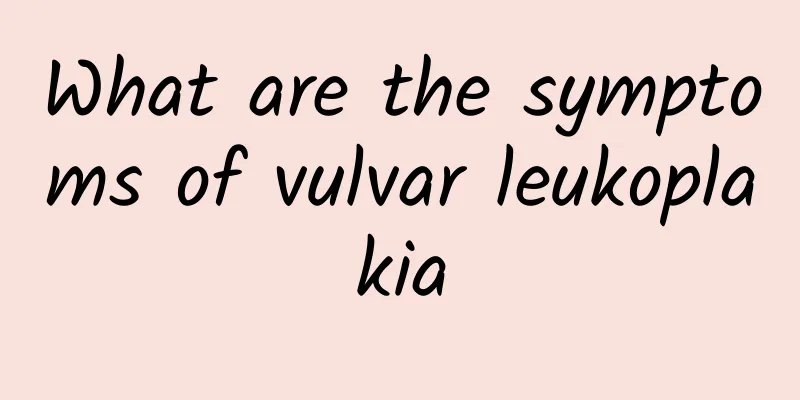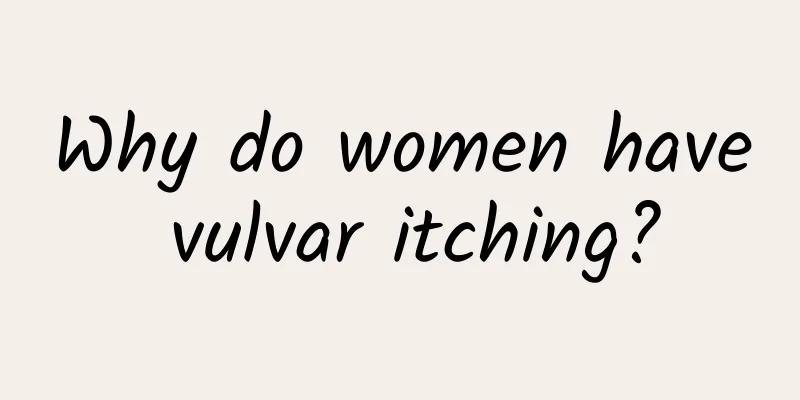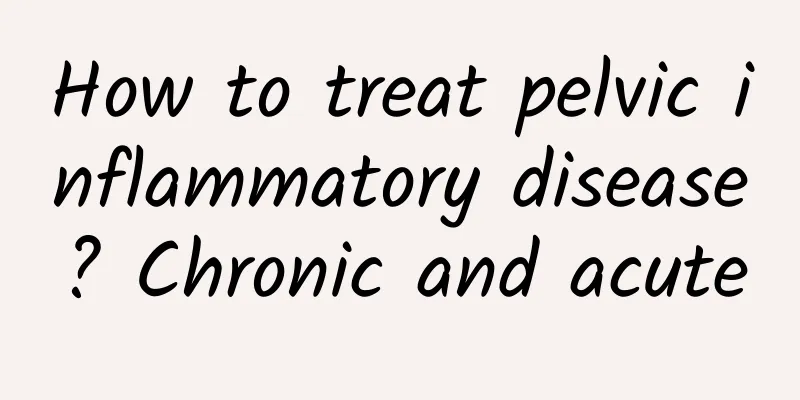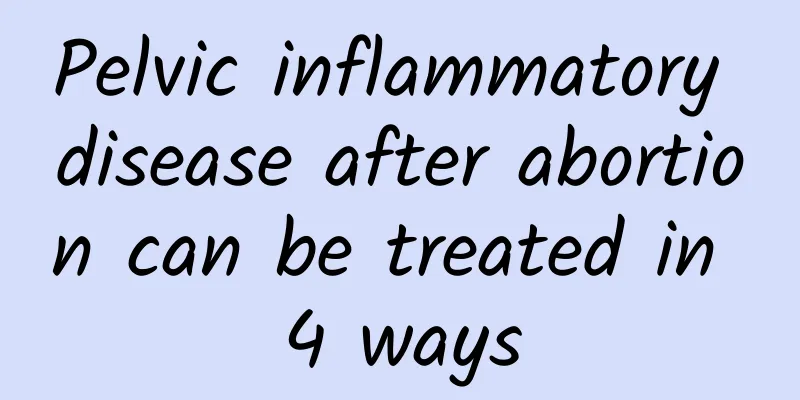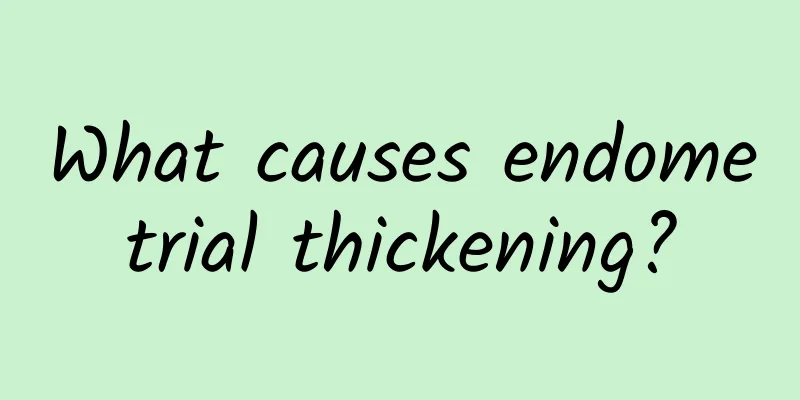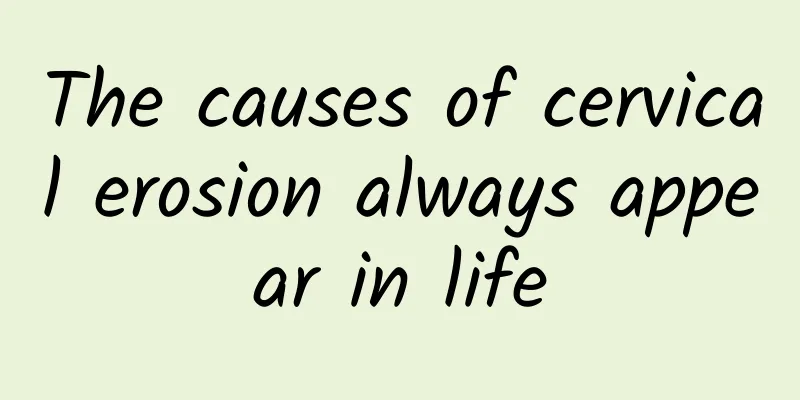Analysis of the four main treatments for uterine fibroids

|
At present, there are four main treatment methods for uterine fibroids with relatively good clinical efficacy, which can help patients with uterine fibroids to control the deterioration of the disease in time, which is very beneficial for patients with uterine fibroids. What are the main treatment methods for uterine fibroids ? The following is a brief introduction to the main treatment methods for uterine fibroids. In general, the main treatments for uterine fibroids are: 1. Radiotherapy: This treatment method for uterine fibroids is used for patients who have no response to drug therapy and have contraindications to surgical treatment or refuse surgical treatment. However, it also has certain contraindications. 2. Expectant treatment: The fibroids are small, asymptomatic, without complications or degeneration, and have no impact on health. For perimenopausal patients, there are no clinical symptoms. Considering that ovarian dysfunction may cause the fibroids to shrink or shrink. Expectant treatment can be adopted for all the above cases, that is, regular follow-up observations (once every 3 to 6 months) are carried out in clinical and imaging aspects. The treatment is decided based on the review results. 3. Drug treatment: There are many new developments in drug treatment. This is a common treatment method for uterine fibroids. 4. Surgical treatment: For patients with fibroids, the age for uterine appendectomy was previously set at over 45 years old. Now it seems that we should proceed from reality, especially according to the progress of gynecological endocrinology. The age for ovarian preservation is generally 50 years old (the average age of menopause is 49.5 years old), that is, those under 50 years old who can retain their ovaries should do so. Or the normal ovaries of those who have not menopausal after the age of 50 should also be retained, regardless of age. Because the ovaries still have certain endocrine functions after normal menopause and have to work for 5 to 10 years. Retaining the ovaries helps stabilize the autonomic nerves, regulate metabolism, and facilitate the transition to old age. The uterus also has its endocrine function. It is the target organ of the ovaries and should not be removed casually. This is also a common treatment for uterine fibroids. The above analysis is the main treatment method for uterine fibroids. I believe everyone should have a preliminary understanding of this. Patients should choose the appropriate treatment method for uterine fibroids according to their actual condition. They cannot choose blindly. This is important for their condition. |
<<: Explain the main causes of ovarian cysts
>>: Experts remind: Uterine fibroids are very harmful to women
Recommend
Foreigners are not "foreigners" More than 70% of Americans eat dinner at home
The question that bothers office workers during t...
Does pelvic inflammatory disease cause bleeding? What are the other symptoms?
There are many factors that cause women to suffer...
Can I do exercise if I have adnexitis?
Adnexitis is a common inflammatory disease in wom...
Are ovarian cysts and uterine fibroids the same disease? What are their characteristics?
Are ovarian cysts and uterine fibroids the same d...
What are the symptoms of cervical hypertrophy?
As more and more people suffer from cervical hype...
High chorionic gonadotropin after abortion
High levels of human chorionic gonadotropin after...
What is endometriosis?
What is endometriosis? Endometriosis refers to th...
Yogurt weight loss method 3+1 recipe revealed
The yogurt weight loss method can unclog our inte...
How harmful is functional uterine bleeding to the body?
If functional uterine bleeding is not treated in ...
What are the causes of cervical erosion in women? Check out the 7 causes of cervical erosion
Cervical erosion is familiar to everyone. It is a...
How to treat premature ovarian failure
Premature ovarian failure often occurs in young p...
What are the symptoms of ovarian cysts caused by vulva
What are the symptoms of ovarian cysts caused by ...
Does a right ovarian cyst cause dysmenorrhea? Are there many symptoms?
Can a right ovarian cyst cause dysmenorrhea? Are ...
If you want to lose weight, you must eat right in the morning, lunch and evening! The "inverted triangle" eating method helps you lose weight healthily
If you want to lose weight healthily, develop an ...
What is the best surgical treatment for missed abortion?
Missed abortion is a very painful thing for women...
